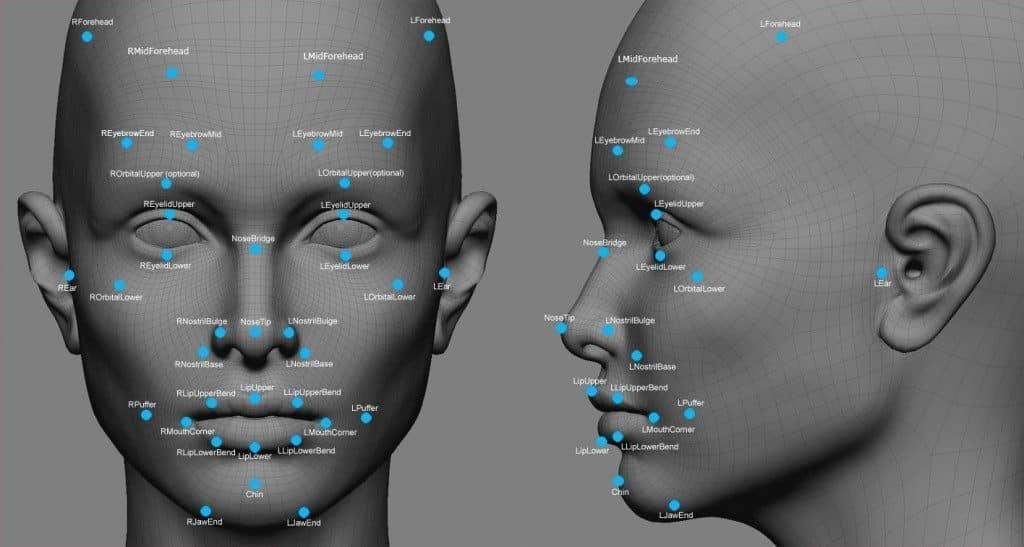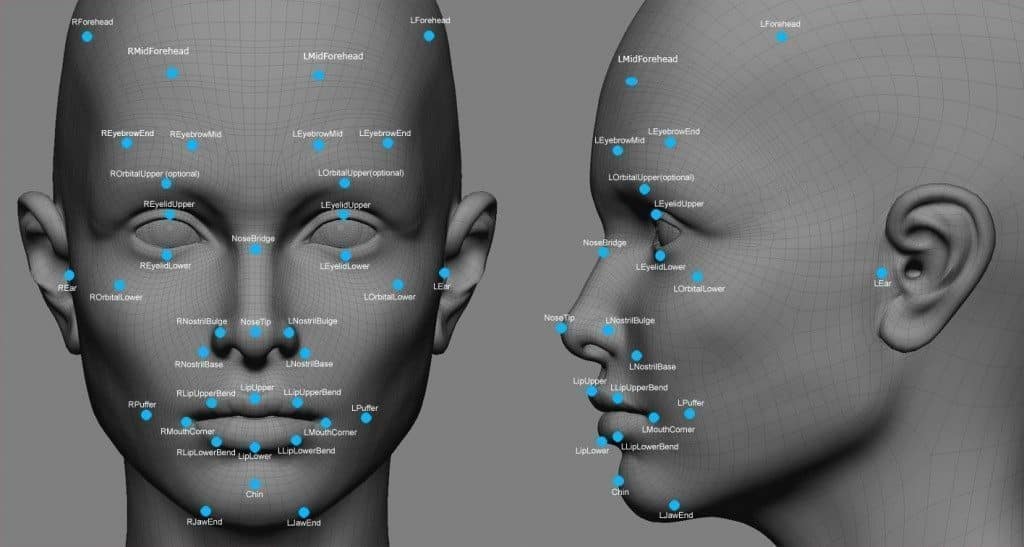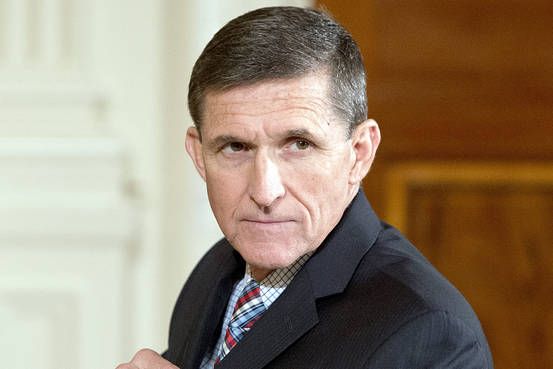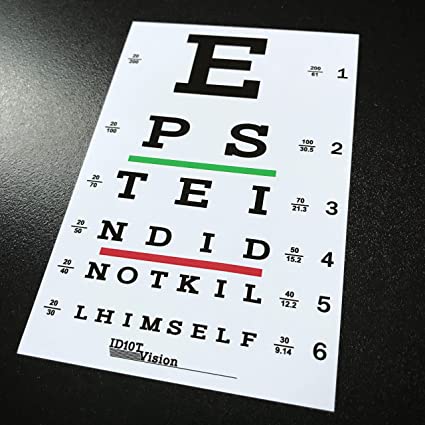The Threat of Facial Recognition on Individual Liberties
The struggle to keep government from encroaching on our individual liberties never ends — but it does change. Case in point: facial recognition technology, a rapidly growing field that has the potential to become a perfect tool of would-be tyrants:
The Project On Government Oversight (POGO), a nonpartisan watchdog, has just issued a report called Facing the Future of Surveillance. It starkly outlines the dangers to liberty posed by this technology, and it offers some recommendations for how to limit abuses.
Facial recognition technology combines the software for creating faceprints with vast photo databases and a pervasive deployment of surveillance cameras. The report notes that law enforcement can use facial recognition technology for four purposes: arrest identification (to confirm an arrestee’s ID), field identification (to ID a person stopped by an officer), investigative identification (to obtain images for IDing an unidentified suspect), and real-time surveillance (to match unidentified folks to a watchlist).
Roughly half of all American adults already have pre-identified photos in databases that are used for law enforcement facial recognition searches. (As a user of Known Traveler and CLEAR, I am definitely among them.) Closed-circuit television (CCTV) cameras operated by police agencies are proliferating, as are police body cameras. The biggest worry is that the government could weave together the feeds from 30 million private security cameras to build a CCTV network on the scale similar to China’s surveillance system.
Also, the authorities can scrape all those photos you’ve uploaded onto social media platforms to augment their image databases.












